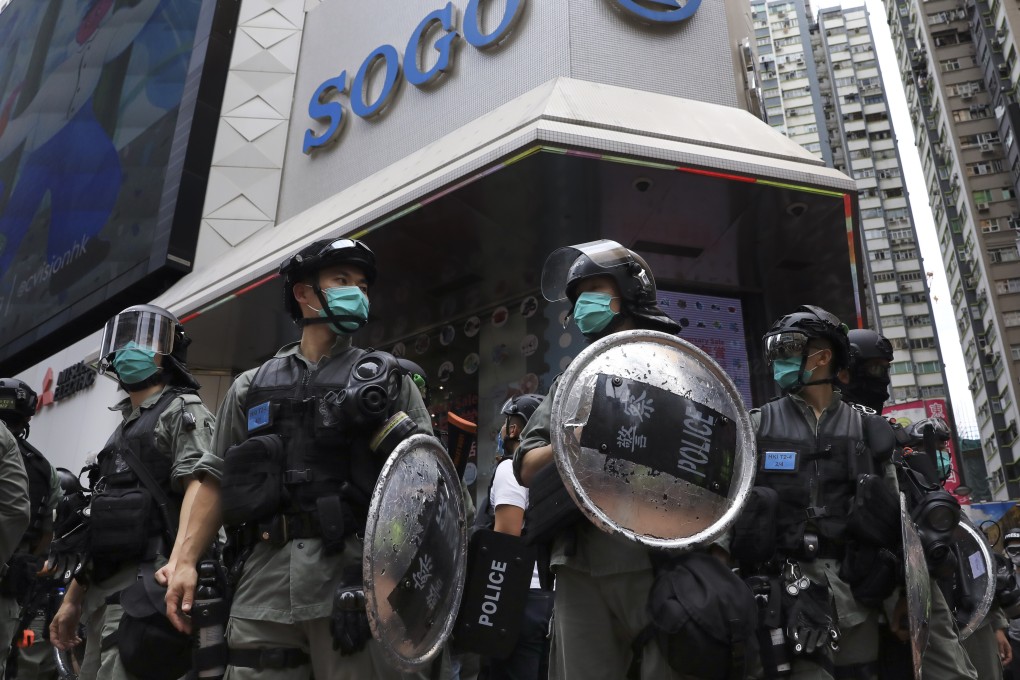Advertisement
Two sessions: national security law will not damage Hong Kong’s freedoms, Chinese foreign minister says
- Legislation will have no impact on city’s ‘high degree of autonomy, rights and freedoms of residents, or legitimate rights and interests of foreign investors’, Wang Yi says
- Law aims only at a ‘very narrow category of acts that seriously jeopardise national security’
Reading Time:3 minutes
Why you can trust SCMP
0

Beijing’s national security law for Hong Kong will not damage the city’s autonomy or freedoms, Chinese Foreign Minister Wang Yi said on Sunday, as protesters and police clashed on the streets of the former British colony over what many see as a crushing blow to its pro-democracy movement.
The proposed legislation was aimed only at a “very narrow category of acts that seriously jeopardise national security”, such as “treason, secession, sedition or subversion”, he told a press conference at the ongoing National People’s Congress (NPC) in Beijing.
The law would have “no impact on Hong Kong’s high degree of autonomy, the rights and freedoms of Hong Kong residents, or the legitimate rights and interests of foreign investors in Hong Kong”, Wang said.
“Instead of becoming unnecessarily worried, people should have more confidence in Hong Kong’s future. This will improve Hong Kong’s legal system and bring more stability, a stronger rule of law and a better business environment to Hong Kong.”

Beijing’s decision to table a resolution on the national security law at its annual parliamentary session as anti-government protests – sparked by now-shelved plans to introduce an extradition law – was widely condemned in Hong Kong and overseas. Opposition lawmakers in the city said it would be the death of the “one country, two systems” model that allows Hong Kong a high degree of autonomy compared to cities in mainland China.
Advertisement